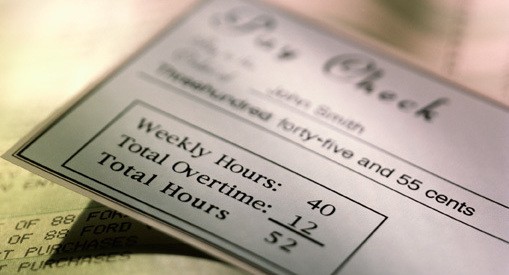How Do Merrill Lynch Brokers Get Paid If Your Account Holds Mutual Funds
Post on: 30 Май, 2015 No Comment

As a mutual fund investor, your fund balances are subject to multiple fees. If you're retired or semi-retired and have plenty of time to research and manage your own investment portfolio, you may wish to avoid these fees by using a traditional brokerage account. These days, most brokerage companies offer a wide range of resources for self-directed retail investors who wish to conduct their own due diligence. If you understand the basic parameters of the equity markets and have plenty of time on your hands, it might be in your financial interest to begin a program of self-directed investing.
On the other hand, mutual funds are perfect for investors who don't have a lot of time to spare. If you're working full-time and wish to grow your retirement savings at a steady clip, you might benefit from a few well-placed mutual fund investments. Mutual funds are offered by independent fund issuers that generally team up with brokerages to increase their exposure. Since brokerages like Merrill Lynch have a national network of brokers, salespeople and support staff, they can provide a level of customer service that many small fund issuers can't match.
Of course, Merrill Lynch's brokers take a significant cut of their fund customers' profits. They might also take a type of upfront payment known as a load fee. In fact, there are three distinct means by which your Merrill Lynch broker will profit from your mutual fund investments.
First, he or she might earn an upfront or back-end commission on the actual sale of your mutual fund. Although these load fees are falling out of favor at discount brokerages, many brokers may still assess them on certain exotic or non-liquid mutual funds. Load fees that aren't assessed at the point of sale are assessed upon the fund's redemption.
Your broker might also earn ongoing kickbacks from the fund's issuer. Most mutual funds charge management or maintenance fees that can range from .5 to 2 percent of the fund's total earnings over a given month or quarter. In some cases, these maintenance fees might even be assessed on the fund's entire balance. Most kickbacks amount to 10 percent of these ongoing fees.
Finally, your Merrill Lynch broker might charge his or her own ongoing maintenance fee. If he or she doesn't receive kickbacks from the fund's issuer, it's all but assured that you'll be hit with such a fee. This should amount to between .5 and 1 percent of your fund's profits.














